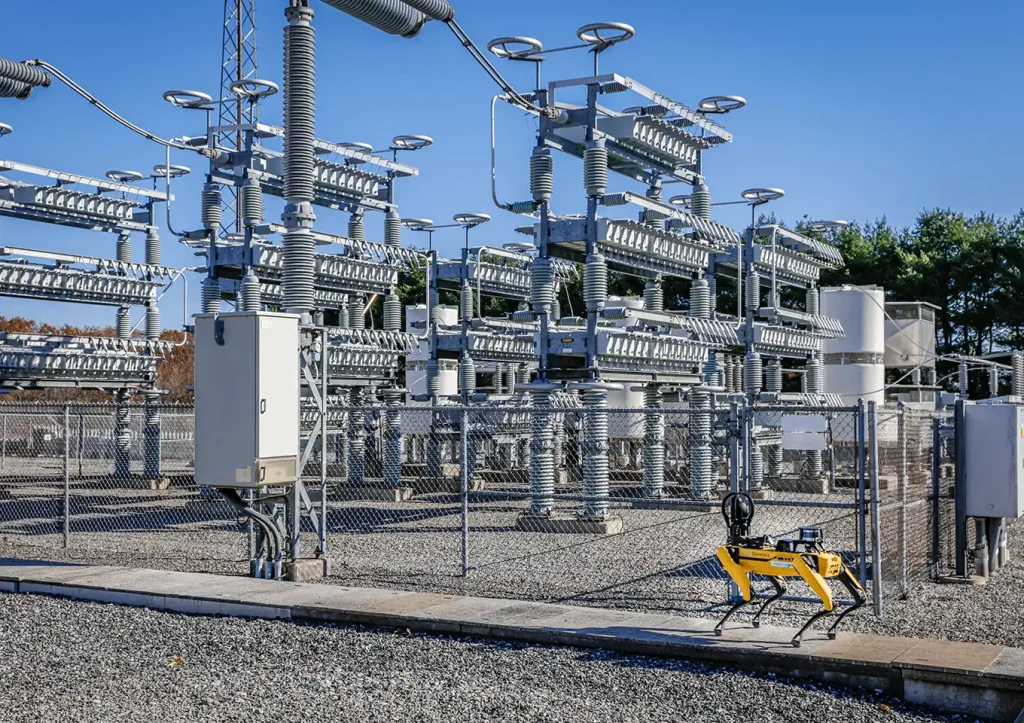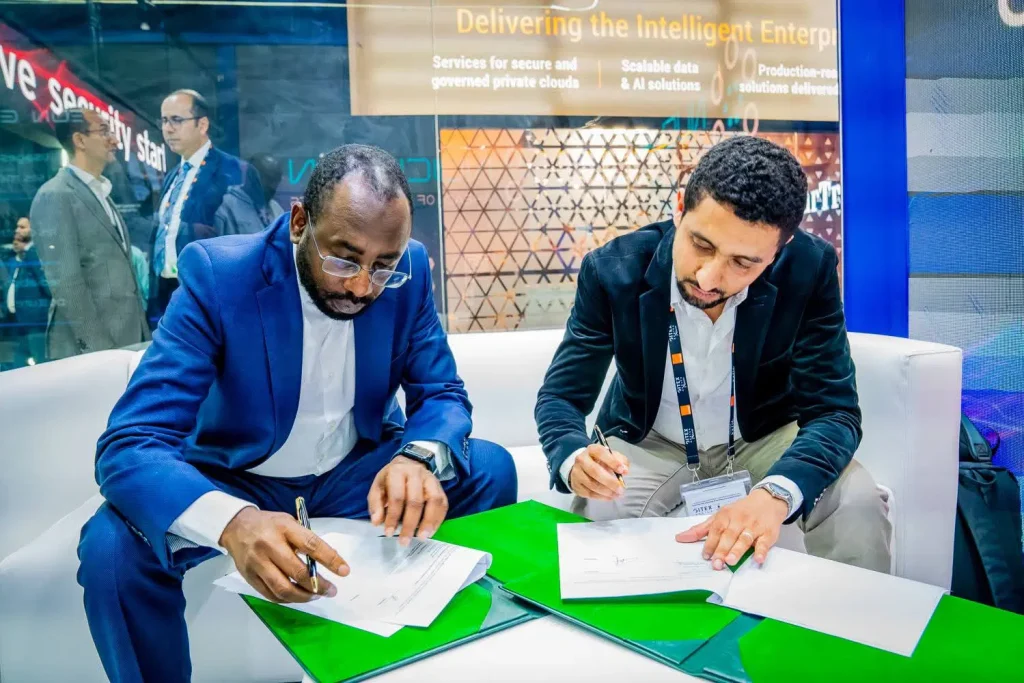In a major push to overhaul Nigeria’s struggling electricity transmission infrastructure, the Federal Government has signed a $328.8 million contract with China Machinery Engineering Corporation (CMEC) to execute the first phase of the Presidential Power Initiative (PPI). This agreement, which was finalized on Wednesday, April 9, marks a significant step towards resolving longstanding bottlenecks in Nigeria’s power value chain.
The project will encompass comprehensive engineering, procurement, construction, and financing activities to modernize the country’s 330 kV and 132 kV transmission lines. These efforts aim to improve the reliability of the national grid and reduce stranded power generation—electricity that is produced but cannot be delivered to consumers due to inadequate transmission capacity.
Federal Government Targets 544km of Transmission Lines
Speaking at the signing ceremony in Abuja, Minister of Power Adebayo Adelabu said the project will cover 544 kilometers of transmission lines, with a load-bearing capacity of 7,140 megawatts. The project spans both brownfield sites (existing infrastructure that needs upgrades) and greenfield sites (new development areas), offering a mix of refurbishment and expansion across critical transmission corridors.
“This $328.8 million contract is targeted at improving power supply across the country. These upgraded transmission lines will serve as main arteries for moving electricity efficiently from midstream transmission systems to households, businesses, and industrial facilities,” Adelabu noted.
He emphasized that improving the transmission network is a crucial element in tackling systemic issues across Nigeria’s power sector. While power generation capacity has seen some growth in recent years, weak and outdated transmission infrastructure continues to limit electricity delivery to end-users.
Strengthening the Grid to Deliver Reliable Power
Adelabu described the agreement as a strategic move aligned with the broader agenda of President Bola Tinubu’s administration to deliver stable and affordable electricity to Nigerians. By addressing the transmission gaps, the government aims to close the loop between generation and consumption, a crucial aspect of achieving nationwide energy access and economic development.
On the international partner’s side, Li Xiaoyu, Vice President of SINOMACH—the parent company of CMEC—expressed optimism about the project’s impact. He reiterated that the initiative would contribute meaningfully to the stability and effectiveness of Nigeria’s electricity delivery systems.
The Presidential Power Initiative and Siemens Partnership
This latest development is part of the broader Presidential Power Initiative, a flagship program aimed at overhauling the Nigerian electricity grid. Launched in partnership with Siemens Energy, the PPI is being managed by the FGN Power Company and is designed to deliver long-term energy infrastructure development through technology transfer, system upgrades, and network expansion.
The PPI’s main objectives include increasing electricity supply, enhancing transmission and distribution infrastructure, and ultimately providing more reliable power to fuel economic growth across sectors. It envisions modernizing the entire power supply chain—generation, transmission, and distribution—through coordinated investments and reforms.
While the Siemens aspect of the PPI focuses heavily on technical modernization and system automation, the CMEC-led project will take on the physical rehabilitation and expansion of critical transmission lines, making it a complementary piece of the larger puzzle.
Context: A Power Sector in Distress
Nigeria’s electricity sector has long been plagued by systemic challenges, including underinvestment, poor maintenance, and operational inefficiencies. Though the country’s installed generation capacity is estimated at around 13,000 megawatts, actual output rarely exceeds 4,000 MW due to transmission and distribution constraints.
One of the most visible symptoms of this dysfunction is the frequent collapse of the national grid. In 2024 alone, there were about 11 recorded grid collapses, according to data cited by local media. Each collapse disrupts electricity supply across large swathes of the country, affecting households, small businesses, and critical infrastructure such as hospitals and schools.
These blackouts are not just a public inconvenience—they come at a high economic cost. Businesses often resort to expensive and polluting diesel generators, while hospitals and other essential services face life-threatening interruptions. The CMEC contract is intended to mitigate such occurrences by stabilizing the backbone of the power delivery system.
Government Commitment to Long-Term Reform
The signing of this contract underscores the Tinubu administration’s intention to deliver concrete outcomes in the power sector. Enhancing the grid is essential to Nigeria’s economic ambitions, especially given the growing demand for electricity driven by population growth, industrial expansion, and digital infrastructure.
With financing embedded into the deal, the CMEC partnership also signals an effort to minimize bureaucratic delays and ensure swift project execution. If successfully implemented, the new transmission infrastructure could enable power generators to evacuate more electricity and bring a larger portion of Nigeria’s generation capacity into active use.
The long-term success of the Presidential Power Initiative will hinge on more than infrastructure—it will require regulatory reforms, cost-reflective tariffs, enforcement of performance standards, and improved sector governance. Nonetheless, experts say this deal represents a meaningful step forward.
Looking Ahead
The rehabilitation and expansion of 544km of 330kV and 132kV lines are expected to significantly ease the pressure on Nigeria’s overburdened grid. As Phase 1 of the PPI unfolds, it will serve as a benchmark for future interventions aimed at transforming the country’s energy landscape.
If the initiative delivers as promised, Nigeria could witness not just fewer blackouts, but a revitalized power sector capable of supporting inclusive economic growth, industrialization, and improved quality of life for its citizens.













